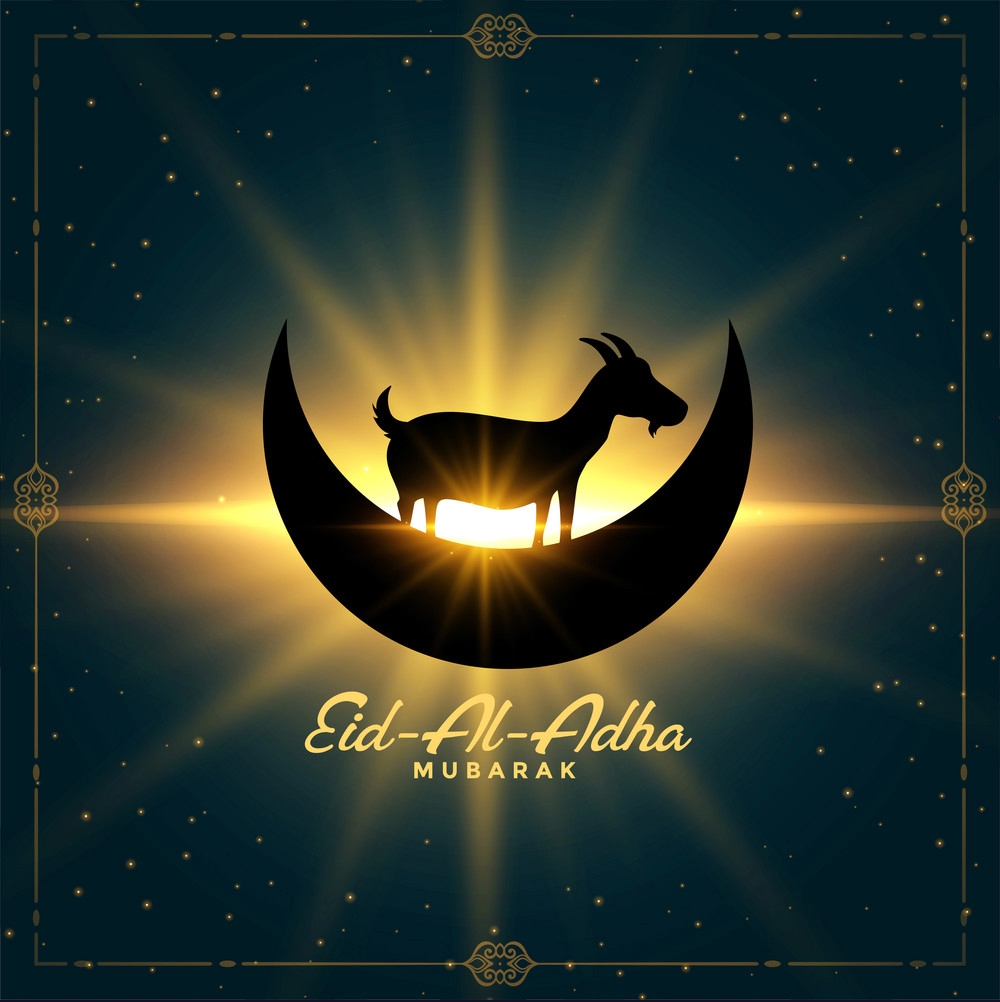Holy Bakrid festival makes everyone happy as Muslims celebrates the festivity while non- Muslims too get benefited with several types. #Khabarlive shares the information flow to provide the healthness and sacrifice mode of this festival for all humanity.
Eid al-Adha, commonly known as Bakrid, is a significant festival for Muslims worldwide, commemorating the willingness of Prophet Ibrahim (Abraham) to sacrifice his son as an act of obedience to God. Beyond its religious significance, Bakrid also has substantial socio-economic implications, particularly in a diverse country like India. This article explores how Bakrid positively impacts the livelihoods of non-Muslims in India, fostering economic benefits and social cohesion.
Economic Boost for Farmers and Livestock Traders
One of the primary ways Bakrid supports livelihoods is through the increased demand for livestock. In the weeks leading up to the festival, there is a surge in the sale of goats, sheep, and other animals. This demand benefits farmers and livestock traders, many of whom are non-Muslims. The festival season provides a vital source of income for these individuals, helping them sustain their businesses and support their families.
Employment Opportunities
The preparation and celebration of Bakrid create numerous temporary job opportunities. From transporting livestock to setting up markets and assisting in the care and sale of animals, a wide range of jobs become available. These opportunities often benefit daily wage workers, laborers, and transport workers, many of whom are non-Muslims. The increased economic activity during Bakrid thus plays a crucial role in providing short-term employment and financial stability for many.
Leather Industry Boom
The slaughtering of animals during Bakrid results in a significant amount of raw hides, which are crucial for the leather industry. India is one of the largest producers of leather goods, and this industry employs a substantial number of non-Muslims. The influx of raw materials during Bakrid supports tanneries, leather goods manufacturers, and artisans. This boost in raw materials leads to increased production and sales, thereby supporting the livelihood of those working in the leather industry.
Market and Retail Sector Benefits
Bakrid also stimulates the market and retail sectors. With the festival comes the need for various goods and services, from traditional clothing and accessories to festive foods and sweets. This demand supports local businesses and artisans, many of whom are non-Muslims. The increased foot traffic in markets and shopping areas leads to higher sales and profits, benefiting shopkeepers, vendors, and small business owners.
Social and Cultural Integration
Beyond the economic benefits, Bakrid fosters social and cultural integration. The festival is often marked by acts of charity and sharing, where Muslims distribute meat from the sacrificed animals to friends, neighbors, and those in need, irrespective of their religious background. This act of giving strengthens community bonds and promotes mutual respect and understanding among people of different faiths.
Bakrid, while a religious festival for Muslims, has far-reaching positive impacts on the livelihoods of non-Muslims in India. From providing economic opportunities for farmers, traders, and workers to supporting the leather industry and local markets, the festival plays a significant role in the socio-economic fabric of the country.
Additionally, the spirit of charity and sharing during Bakrid enhances social cohesion and cultural integration, fostering a sense of community and mutual respect. In a diverse and multicultural country like India, Bakrid exemplifies how religious festivities can transcend boundaries and contribute to the well-being of the broader society. #hydkhabar

